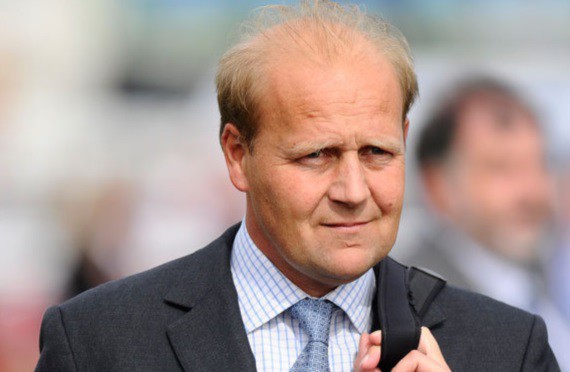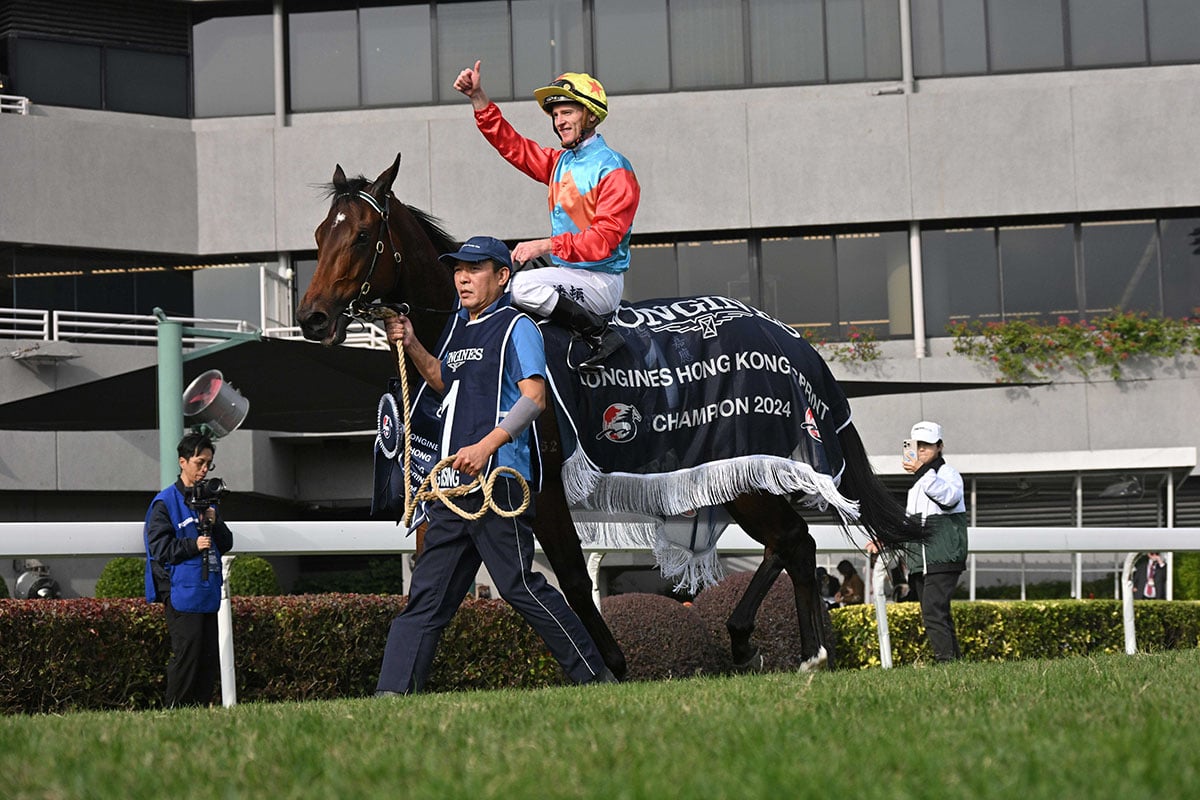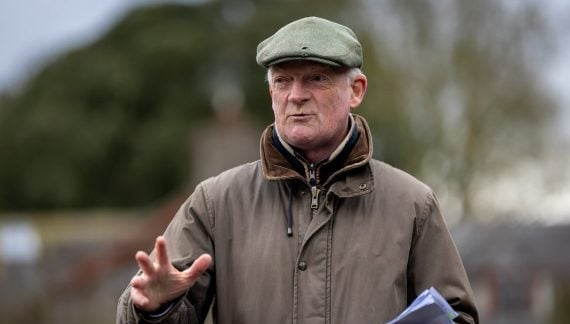Random drug testing appears set to become an imminent reality for staff at racing stables, following a positive test for cocaine returned by a runner at Brighton last summer.
The Racing Post reports that Lucidity has now been disqualified from the second placing she achieved that day and her trainer Ed Dunlop was on Tuesday given a one-year disqualification from racing, a penalty which will be suspended and only be triggered if he breaches the same rule within the next year.

UK trainer Ed Dunlop (Pic – Supplied)
Racing’s anti-doping penalties have been tightened up in recent years and the severity of the potential punishment for a cocaine positive has now focused minds among trainers. Dunlop’s solicitor Rory Mac Neice explained to a disciplinary panel on Tuesday details of the crackdown on drug use which has been triggered by this case.
“Since this positive test, Mr Dunlop has been voted chair of the Newmarket Trainers Group,” Mac Neice said.
“One of the first steps he has taken in that role is to start an active discussion aimed at establishing the introduction in Newmarket of random testing of all those working in any capacity in racing stables at whatever level of seniority.
“He invites the BHA to work with him in doing that. His reason for doing so is to promote a healthy and safe environment.
“He is shortly to introduce that random testing into his own yard. He has drafted and is in the process of putting in place consent forms for staff so that those tests can be carried out.”
Dunlop has never previously had a positive test in Britain, during a 30-year career in which he has sent out more than 10,000 runners, although Snow Fairy was disqualified from a 2012 success at Deauville when an anti-inflammatory was found to have stayed in her system longer than expected.
The BHA did not attempt to attach blame to the trainer over the cocaine metabolite found in Lucidity, the source of which remains unknown.
The trainer conducted his own investigation into the matter after being advised of the positive test last summer and spoke to members of staff at his La Grange Stables in Newmarket about what might have caused it.
One admitted to using cocaine on two occasions but the timing of those suggested they could not have been the cause – once was months before Lucidity’s race and once was some time afterwards.
The same member of staff said they had sometimes witnessed staff urinating in stable boxes. This has been discussed in previous disciplinary cases as a likely route of cross-contamination from humans to horses and a sign has been posted for many years at La Grange insisting staff must not do this.
Dunlop told the Racing Post: “We are instigating, which I think is very important for the industry, random drug testing into my yard, which other yards are starting to do.
“I have contacted the National Trainers Federation, suggesting we look into doing this across the industry because we know many other industries have it. We’ll shortly meet with all the staff.”
Asked about the initial response from his staff, Dunlop said: “They’ve been very good, at this stage, but we haven’t got to the stage of – this is what you have to do.”
Comment was sought from the National Association of Racing Staff, which did not respond before publication.
There have been two cases in the past decade in which cocaine has been found in samples taken from horses in Britain, Librisa Breeze at Windsor in 2015 and Walk In The Sun at Kempton in 2018.
Jeremy Noseda was fined £1,000 for the first case and £1,500 for the second and positive tests for other banned substances have also usually been dealt with by fines, so it may come as a shock to some that more significant penalties are now suggested by the BHA’s rules.
The effect of cocaine on a horse was described to the panel by the BHA’s Charlotte Davison: “Although there are legitimate uses for cocaine in human medicine, there are none in equine veterinary medicine,” she said. “Cocaine has the potential to alter the behaviour and performance of a horse, including an increase in heart-rate, blood pressure and maximum run time.”
Mac Neice argued that, in the absence of any blame being attached to Dunlop, a disqualification could not be justified, whether it was suspended or not. “Disqualification is by some margin the most draconian punishment you can give to a participant in horse racing,” he said.
“It is an excommunication from the sport. It always has been reserved for the most serious of matters, where the person’s continued presence in the sport is judged to be a danger to the sport.”
But the panel said it had no discretion to alter the type of penalty specified in the sport’s rules. Mac Neice said afterwards: “The rules have got to enable appropriate and fair disposal of cases and it seems to me these rules don’t.
“What this means is that somebody who has been a rule-taker for 30 years, who has an impeccable record, who clearly adds to the industry, far from being a threat to it, has a sword of Damocles hanging over his head for 12 months.
“What does that achieve? It is clearly and obviously, utterly undeserved. The rule needs an urgent revisit and, in the light of this case, any amendment should, I think, be applied retrospectively.”
- www.racingpost.com








